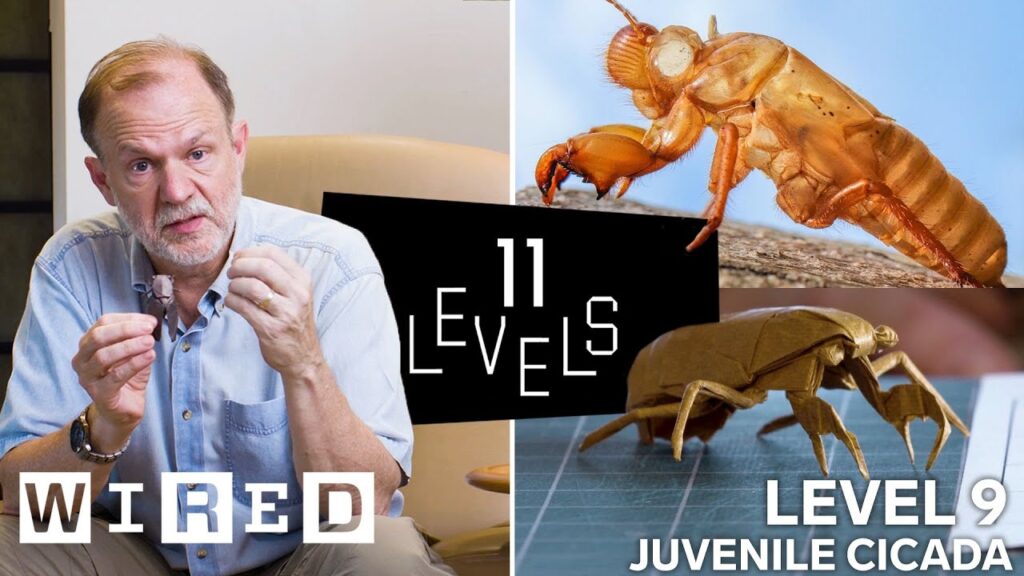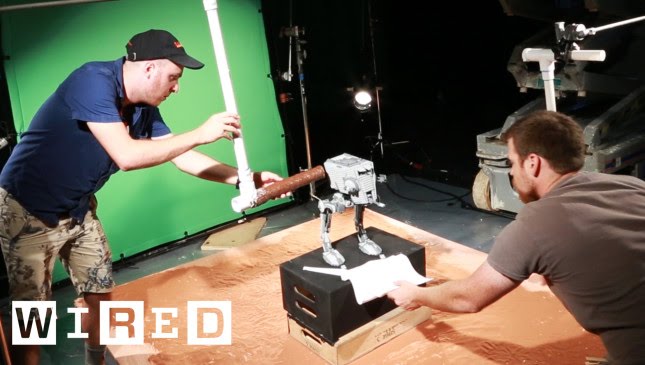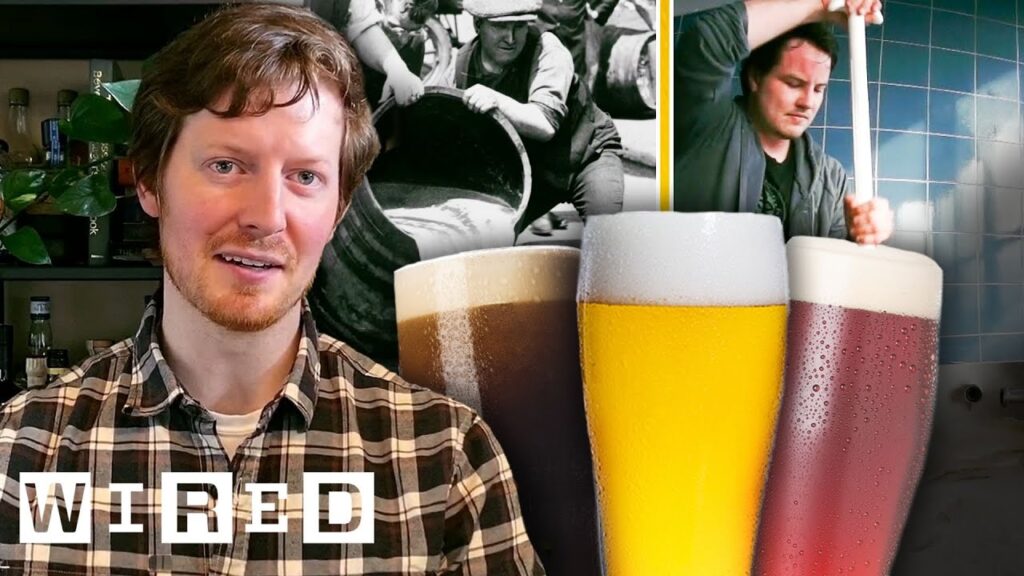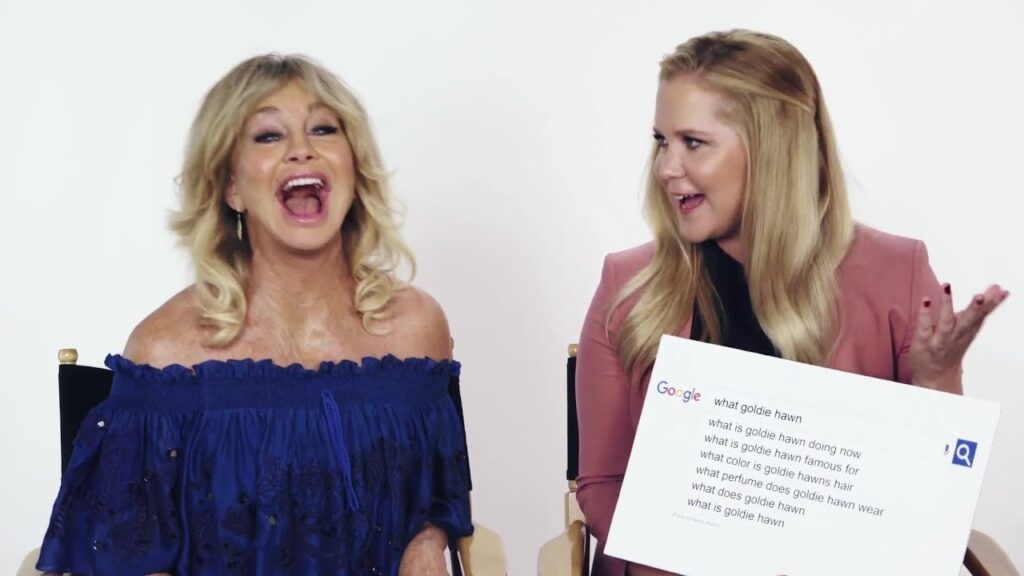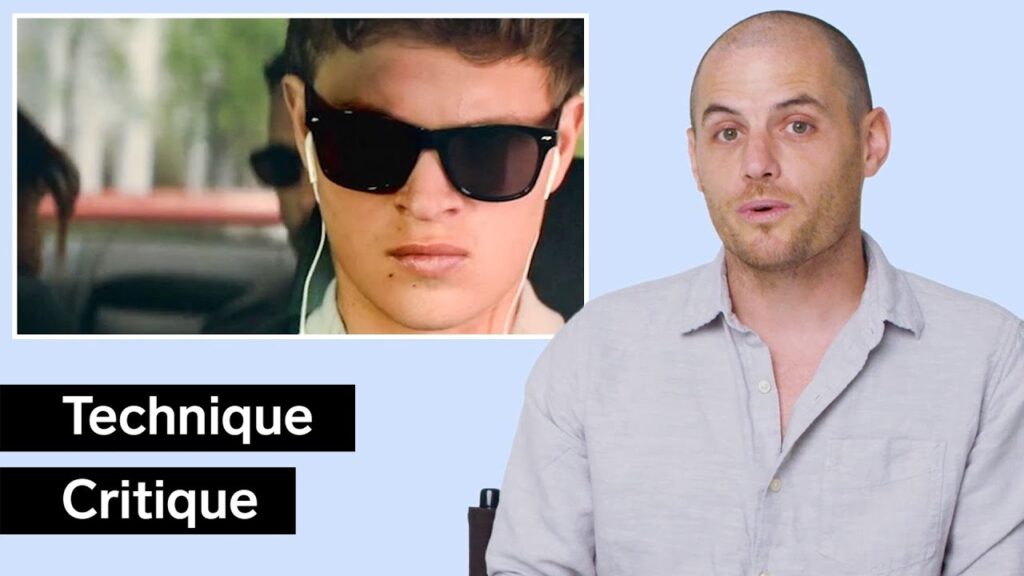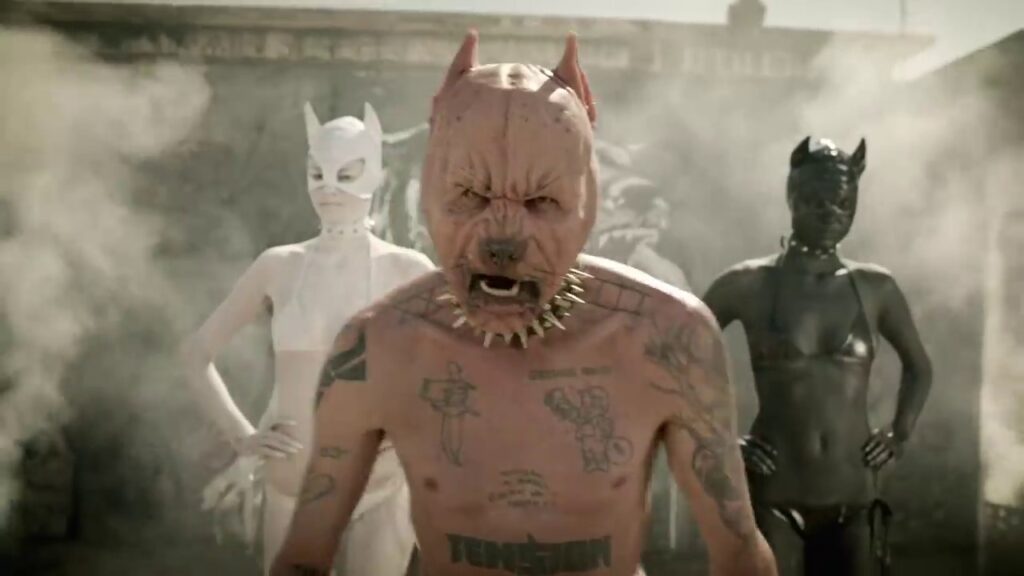David Byrne Shares His Life and Stories in an Entertaining Interview
Summary
In this transcript, David Byrne talks about his personal and professional life, shares amusing anecdotes, and answers questions about his career, music, and collaborations. Byrne explains how he got started in music, the inspiration behind his album “American Utopia,” his writing process, and why Talking Heads won’t reunite. He also discusses his monthly playlist, his favorite songs, and recent collaborations with other artists. Lastly, Byrne talks about his friendship with Caetano Veloso, his book “How Music Works,” and his desire for a more philosophical conversation.
Table of Contents
- Origins of Talking Heads and the band name
- Collaborating with David Bowie and designing bike racks for New York
- Acting and wearing a tutu during a show
- American Utopia and why Talking Heads won’t reunite
- Favorite songs and monthly playlist
- Dancing style and inspiration from CBGB
- Collaborations with other artists, including Selena Gomez and St. Vincent
- Friendship with Caetano Veloso and mistaken identity as Norman Bates
- Writing process and changes in style over time
- Conclusion
Origins of Talking Heads and the Band Name
Byrne begins the interview by discussing his personal and professional history, sharing how he formed Talking Heads with fellow musicians. He talks about playing at the famous CBGB club in New York, being inspired by his parents’ love for traditional music and Pete Seeger, and seeking out creative outlets. Byrne also reveals how he and the band chose their name, which involved flipping through a TV Guide and picking a random phrase.
Collaborating with David Bowie and Designing Bike Racks for New York
Byrne addresses rumors that he collaborated with David Bowie and was tasked with designing bike racks for New York City. He confirms that these are both false and shares a story about a Brazilian journalist who mistakenly printed the rumors as fact.
Acting and Wearing a Tutu During a Show
Byrne talks about his foray into acting and explains how he has no real ambition to become an actor. He also shares a funny anecdote about donning a tutu during a show, which was the result of an unsuccessful attempt to hire the Rockettes dance troupe.
American Utopia and Why Talking Heads Won’t Reunite
Byrne discusses his album “American Utopia” and the inspiration behind its title. He also addresses the topic of a Talking Heads reunion, explaining that it’s unlikely due to the members growing apart over time.
Favorite Songs and Monthly Playlist
Byrne shares some of his favorite songs from different genres and time periods. He also talks about his monthly playlist, which includes a mix of new and old music that he listens to.
Dancing Style and Inspiration from CBGB
Byrne talks about his distinctive dancing style, which he developed as a way to break free from imitating others. He also mentions the influence that CBGB had on him and other musicians, describing it as a place where creativity flourished.
Collaborations with Other Artists, Including Selena Gomez and St. Vincent
Byrne discusses recent collaborations with Montaigne, Mitski, Yola Tang, and Selena Gomez, who used the baseline from Talking Heads’ “Psycho Killer” in her music. He also talks about meeting and working with St. Vincent, whom he collaborated with on the album “Love This Giant.”
Friendship with Caetano Veloso and Mistaken Identity as Norman Bates
Byrne shares stories about his friendship with Brazilian musician Caetano Veloso and how their collaboration inspires him creatively. He also recounts a humorous incident where he was mistaken for Norman Bates from the movie “Psycho” while traveling in Japan.
Writing Process and Changes in Style Over Time
Byrne talks about his book “How Music Works” and how external factors like acoustics and financial constraints shape music. He explains his writing process and how it varies, sometimes starting with words and other times with a melody. Byrne notes that he sees himself as a different writer now than in the past and occasionally revisits his old lyrics.
Conclusion
Byrne concludes the interview by requesting a more philosophical topic for next time and expressing his appreciation for the opportunity to share his stories and thoughts. He leaves the audience with a candid and entertaining glimpse into his life and career as a musician and artist.

